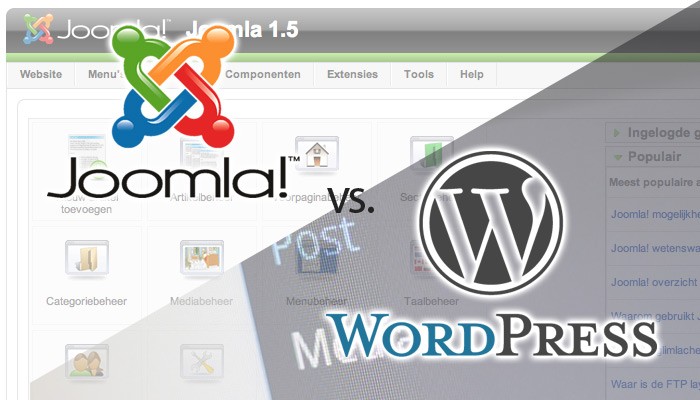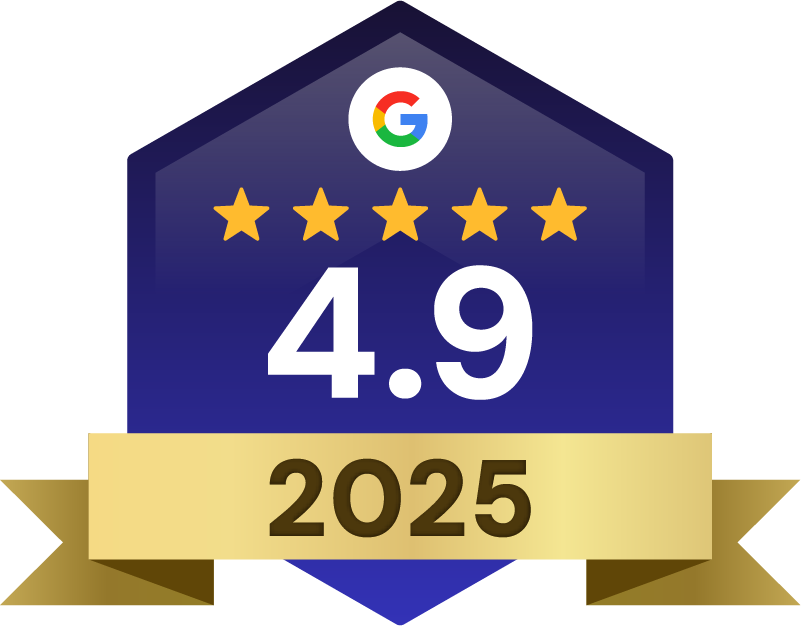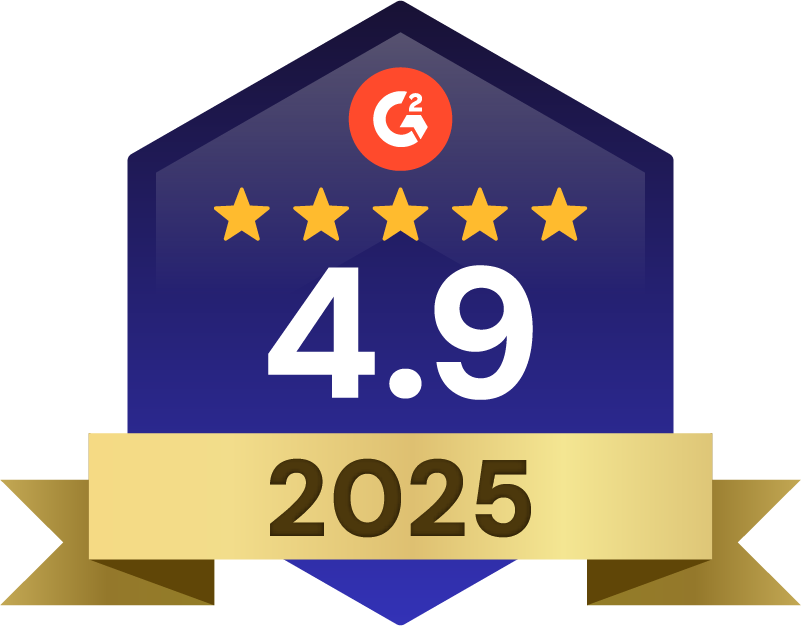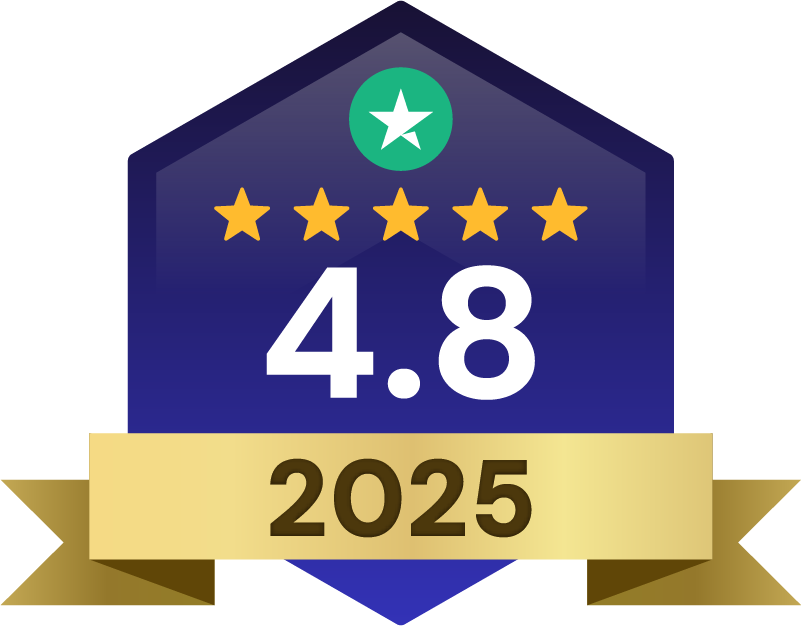WordPress is a better all around site that makes it easier and faster to publish your content and regularly update your site (which may also explain why it's believed to be used by close to 25% of all websites currently online (Source: W3Techs.com).
New Agents
More than ever, real estate agents are switching over to 2 of most popular CRM’s on the planet for their Real Estate website needs: WordPress and Joomla.
Content management systems (CMS) like WordPress and Joomla are the optimal web resources for this job and can drastically decrease your average workload when it comes to updating your website. Unlike the old ‘boxed website solutions’ of the past (think z57), which essentially never update and offer limited features, a CMS like WordPress or Joomla is like a ‘feature free market system.’ You can decide which IDX you use, how you want to handle custom forms, spam blocking, and can pick and add from thousand of cool additional features that make adding features like live chat, newsletters, social media integration, and SEO optimization a snap.
Harnessing this potential can help you to stay on top of such a competitive and changing field and improve the success of your business. So which is better for a Real Estate site? Let’s start with the basics.
What is a CMS?
A content management system is the website platform that runs behind the scenes and makes it drastically easier to add, edit, and update your web pages. The resources available for these CMS count for a significant amount of the technical aspects involved with web design and development and is a crucial player to minimize your time in the office and maximize your time in the field making sales.
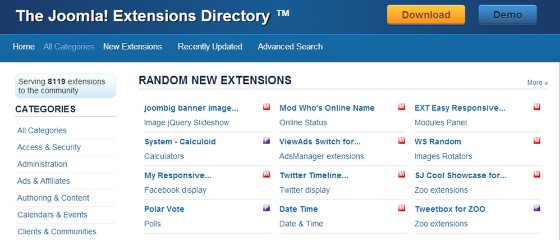
WordPress and Joomla are both CMS applications that are used by millions of websites worldwide. If you were to ignore all the bells and whistles packaged together with either choice, both could hypothetically perform the same task. The most significant difference between choosing Joomla or WordPress for real estate–the question that often leaves users struggling to decide–is the means in which they perform each task and the human resources you’re willing to invest into each update. To determine which one is right for your real estate firm, here are three comparative factors that can help:
Installation Complexity
First, we’ll analyze the initial installation procedures and the amount of work that goes into getting one of these sites up and running. In order to use either platform, you are going to need to acquire a web hosting service to get the files online for the world to see. To name a few of the most popular hosts, GoDaddy, Hostgator, and Dreamhost are all services that charge annual or monthly fee for their services.

When choosing a host, keep in mind the type of content you plan on posting. If you plan to use your Joomla or WordPress real estate site to update property video tours do not invest in the base level hosting package or your site will run slow. If you just plan on hosting blogs, word documents, and a few pictures, the basic host package will be fine unless you expect high traffic levels on your site. Also make sure that whatever company you choose to host your Joomla or WordPress real estate site has FTP access, as this will make it easier to update the site content later on.
[sws_ui_box ui_theme=”ui-smoothness” ui_state=”ui-state-error” icon=”ui-icon-alert”]This next paragraph gets a bit technical[/sws_ui_box]
The developers of WordPress recommend that you use a host with at least a PHP 4.3 and MySQL 4.1.2 update. Joomla requires a minimum PHP 5.3.10 and MySQL 5.1 to use their Joomla 3.x services. All of this data pertains to the security of your website to protect against unauthorized access from 3rd parties. WordPress is known for being compromised far more frequently than Joomla, but this might be attributed to the vast number of websites using WordPress compared to that of Joomla. The total size of the zip file holding Joomla is about 9.0mb, and WordPress 6.0mb making it a little bit smaller and a faster download. Most prominent hosts, like Hostgator, offer one-click installation options to keep things simple.
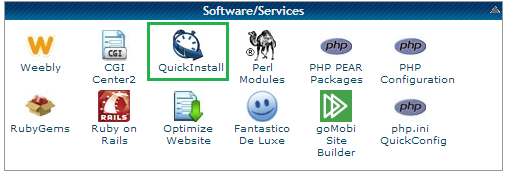
Downloading either Joomla or WordPress for a real estate site should only take a few minutes each; however, if you want to make your site multilingual, you will have to download a translation pack for Joomla that can be found here. WordPress already comes packaged with a language pack, and given the smaller file size, WordPress comes out the winner with the installation.
Content Publishing & User Permissions
Both WordPress and Joomla have access to tons of Real Estate themes and templates to choose from to develop the aesthetics of the site. In terms of features, out of the box, Joomla comes with many more features than WordPress, whereas with WordPress, you would rely upon one of the 28,000+ plugins that you install after the fact; but Joomla requires a lot more assembly before you can actually use it.
When using Joomla for a real estate site, you will have to set up the framework for the service on your site and toggle with all the settings. When you are planning for menus and site navigation, you need to keep in mind the difference between these three items:
- Sections
- Categories
- Content Items
To better understand the taxonomy of your site, let’s think of these three points as a real estate listing. A section can be considered the neighborhoods that an individual is interested in looking at, categories would be the type of properties that your client desires within those communities and content items would be the houses themselves that fit between all of the constraints listed.
WordPress has a much simpler taxonomy and requires far less work to develop. If you were to choose WordPress, there is a section in the administration panel that allows you to drag and drop menu items to arrange how your visitors get around your site. The pages on WordPress are arranged between “pages,” and “posts.” You also have the opportunity to set up ‘tags’ in order to help visitors find content easier.
If your site will be accessed by more than one real estate professional or you are a broker developing a site for your agents, WordPress allows you to set roles, and Joomla gives you the option to manage users. Some of the roles that you can delegate between different users include author, subscriber, administrator, etc., and all have a purpose on whether or not that user can access content or post new content. Joomla’s user management is far more complex and customizable to give you the option to create groups with different agents and manage a lot more information, rather than going through to update user-by-user access.
Publishing a post is very simple with both applications as they both use the text editor, ‘TinyMCE.’ The post editor looks a little bit like if you were to send someone an email, and can be accessed through your administrative panel. Joomla utilizes editor extensions so that you have a little greater flexibility manipulate the text as you wish without having to go into the CSS structure of the website files to edit the appearance of any content (so, changing text color to Green will require coding or a plugin in WordPress, whereas that flexibility is already built in to Joomla)
SEO Optimization
After you publish a post or update content on your site, you’ll want to have the capabilities for SEO optimization to highlight your post on search engines. Joomla and WordPress were both designed with SEO in mind. Some important qualities for any SEO website include:
- Page Loading Speed
- Internal Linking
- Link Structure
- Image Optimization
- Meta Descriptions
After testing both services based on the above criteria, using WordPress for a real estate website is the better choice. One reasoning is that there are so many plugins available that can improve SEO beyond the basic capabilities offered. WordPress loads faster and has an all-around better sitemap to help web crawlers and search engine analyzers make their way around the site. Even if WordPress was downright terrible with SEO out of the box–which it’s not–it more than makes up for any shortcomings with the vast array of free-source plugins to compress images, improve tags, permit meta descriptions, and develop a highly successful web marketing campaign.
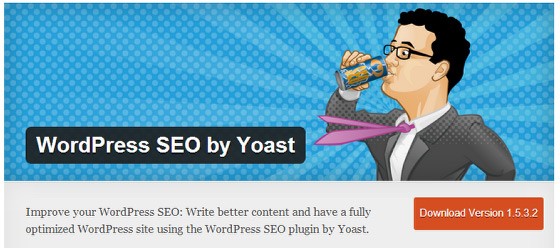
Joomla isn’t a bad choice, but it’s not the best choice. If you do use Joomla for a real estate website, you’ll still have access to meta descriptions, permalinks, and all the core requirements of producing quality SEO, but the outside support is severely lacking. Joomla has larger internal files to work with, resulting in slow page loading times, and Joomla actually tells search engines not to index all of the images hosted on your site, which can hurt your companies SEO rating.
In Conclusion…
At the end of the day, using either Joomla or WordPress for real estate site would be a fantastic opportunity to improve your online presence and promote your business; however, it comes down to how much time you are willing to invest into your company website and how often you plan on updating this content.
To quickly summarize:
WordPress
- Easier to Download
- Faster Download
- Simple Taxonomy
- Additional Plugins
- Advanced SEO Optimization
- Greater Security
- User Management
Joomla
- Greater Security
- User Management
Winner: WordPress
WordPress is a better all around site that makes it easier and faster to publish your content and regularly update your site (which may also explain why it’s believed to be used by close to 25% of all websites currently online (Source: W3Techs.com). Real estate moves fast and so should you, so use a CMS like WordPress that can help you to keep up with the industry standard and market your online presence.


